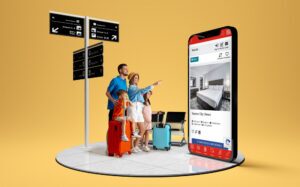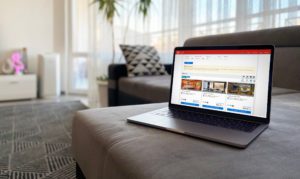There’s no instant way to improve your direct bookings, but these hotel direct. booking strategies combined with our hotel software systems can enhance the guest experience from pre-booking and beyond. Employing our industry-leading technology can provide customer-first, focused tactics to give your hotel the edge over OTAs and third-party sites. Read on to learn four strategies to improve direct bookings with first-time guests and brand-loyal travelers.
1. Provide an easy direct booking experience
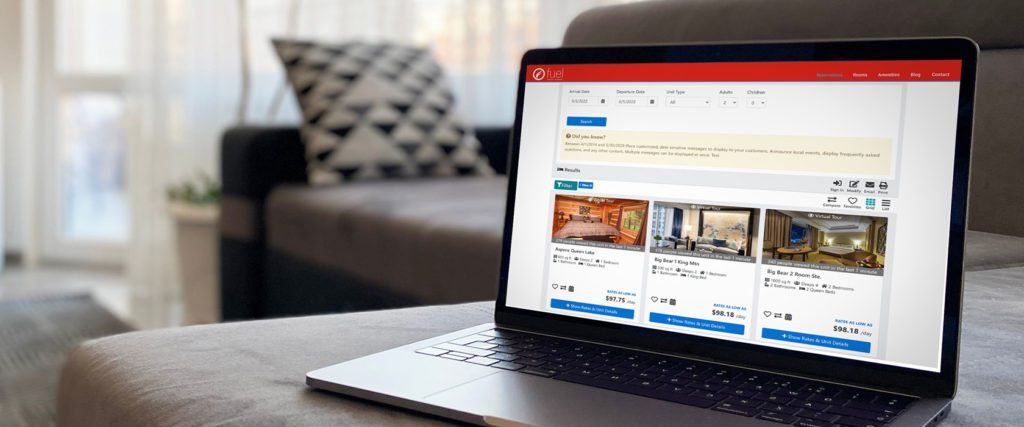
If your hotel is losing online reservations to OTAs, it’s time to adjust your strategy, beginning with your booking engine.
Most customers research a property directly before making a reservation, which means you likely have them on your site and ready to book, so why aren’t they? It is likely your booking process is not as intuitive, easy-to-use, or informative as it should be.
Updating your software to a mobile-first, optimized hotel booking engine can provide key decision-making information and an intuitive reservation process. Fuel’s booking engine integrates seamlessly with your existing site to provide a better experience for mobile and desktop users with an interface that eliminates second guessing and early exits.
2. Encourage bookings with FOMO marketing tactics
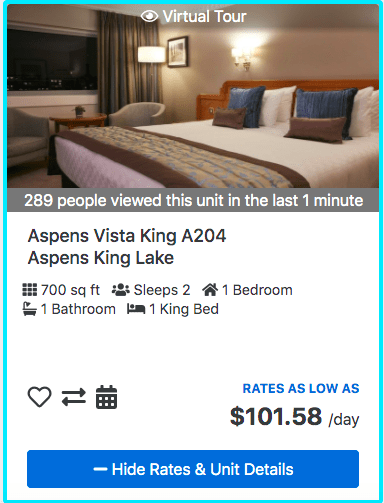
Tapping into customer FOMO (fear of missing out) with marketing strategies can grow direct booking conversion rates and increase advance reservations. Social proof, urgency, and scarcity are main drivers behind purchase decisions.
A hotel booking engine integrated with real-time property management system (PMS) data can help you deploy FOMO hotel direct booking strategies to encourage bookings on your website or mobile app. Here are some examples across booking platforms:
- Use your website or the Fuel booking engine to highlight limited room availability with a countdown message (“Only 4 rooms left!”) to drive guests to book due scarcity and demand concerns. This tactic can also encourage guests to book further in advance than usual.
- Include social proof messages in push notifications for your mobile app to engage customers by showcasing a surge in popularity for a property or room they have been browsing. This message can be as simple as, “This property is very popular for these dates” or “This room was booked 7 times today.”
- Send personalized marketing emails with deal deadlines to increase booking urgency. Limited-time discounts sent directly to prospective guests gives them a feeling of exclusivity and encourages them to act, in order not to miss out.
3. Deliver relevant messages pre- and post-booking
Providing relevant, timely digital communications is a hotel direct booking strategy that keeps your brand top-of-mind to boost reservation rates with prospective and returning guests.
Employing a guest messaging solution for hotels allows you to create individual profiles and personalized audience segments for your direct marketing campaigns. Accurately tailoring SMS or email marketing strategies to these audience profiles allows you to create custom messaging to build a relationship using touchpoints before, during, and after their stay.
Not only can a successful communication strategy increase brand loyalty and drive repeat direct bookings, but the data from Fuel’s guest messaging solution’s analytical reporting can give you valuable insights into customer habits and performance metrics to inform future campaigns and promotions.
4. Engage guests with a mobile app that supports direct bookings
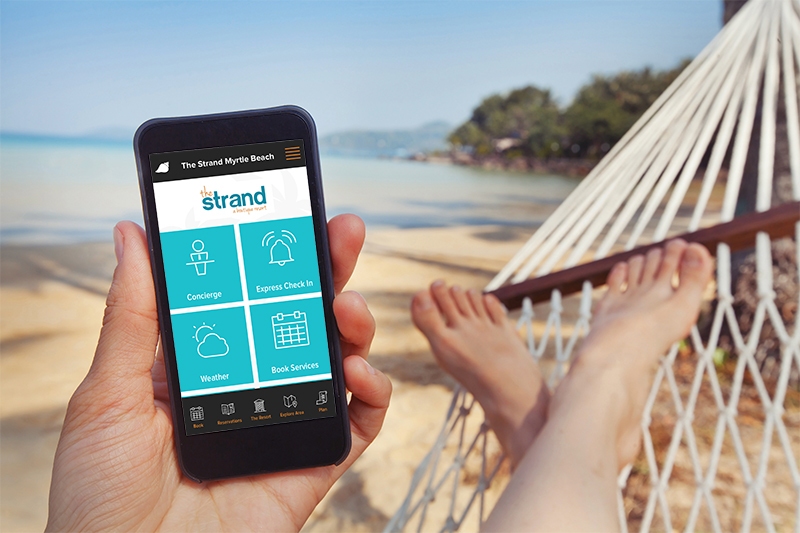
Offering a hotel mobile app to guests is one strategy that can improve direct bookings by eliminating the clutter of online search engines. The Fuel hotel mobile app features an embedded hotel booking engine that works seamlessly with your PMS to give guests tools to plan and book their trip.
An intuitive, capable mobile app can become guests’ preferred reservation method. The app provides a VIP experience that improves guest engagement with your brand.
Another key feature of a mobile app is that it is the best way to provide a truly contactless experience. Encourage guests to check-in, digital room keys, and use the app as a portal to additional services. An app is a key way to go truly contactless. Learn more about contactless guest experiences here.
Push notifications in the app provide additional strategies to engage guests long after their stay to build loyalty and offer promotions for direct bookings.
5. Integrate a reservation chatbot on your website
A chatbot can be integrated onto your hotel website to engage site visitors in new and innovative ways. A reservation chatbot can be set up to automatically give guests answers to frequently asked questions without requiring extra work from your staff to manage the bot itself.
A chatbot can engage visitors by grabbing their attention throughout your site, and it can then boost direct revenue by showing them exclusive offers. A robust chatbot offers personalized recommendations based on guest questions, creating a seamless shopping experience.
6. Provide up-sell opportunities in your booking engine
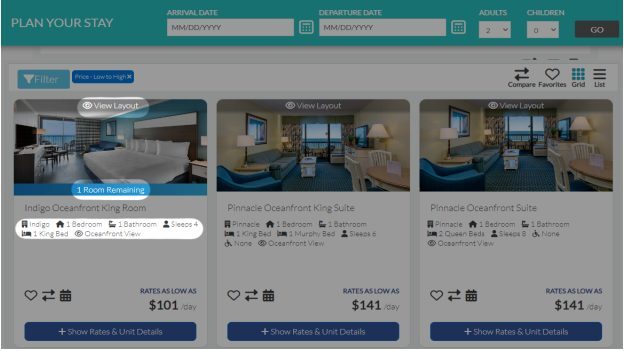
Increase direct revenue with every reservation by seamlessly marketing up-sells during the initial booking. Your booking engine can drive upsells and RevPAG by helping guests visualize the difference between room types, encouraging them to choose a higher-value room.
Make sure that packages and add-ons are relevant to your guests and do not appear to be an afterthought. One way to do this is to include high-quality, relevant photos alongside your packages. Showcase your breakfast via a real photo of your F&B options, not a stock photo! Allow guests to feel like they are creating a curated experience for their stay, not just booking a place to sleep for the night.
What’s more, a streamlined booking engine shows visitors the packages and add-ons available at your property. Even if they do not select an add-on when booking, it helps guests start to think about upgrades and increases the likelihood they’ll upgrade at the property itself.
7. Use SEO to increase website traffic
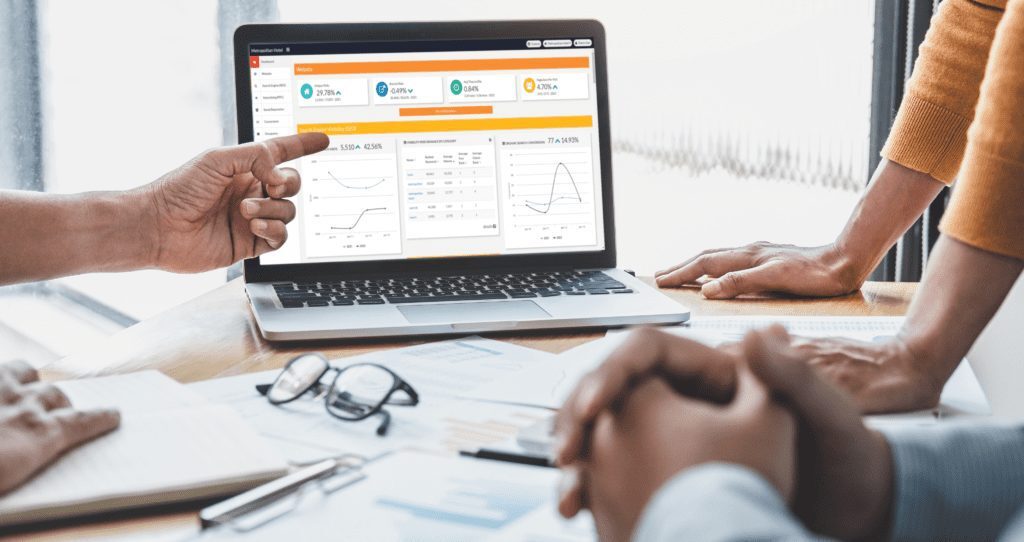
To boost direct bookings, you’ll need to get more eyes on your direct channels in the first place. Search engine optimization is a set of strategies to enhance your website based on Google’s (and other search engine’s) best practices. Use SEO to climb the ranks in search results so that your website appears in searches relevant to your area, such as hotels near major landmarks. Some basic SEO strategies include:
- Ensure that every page of your site is optimized for a specific, relevant keyword
- Follow EEAT best practices wherever possible
- Make your entire website, including your booking engine, mobile friendly
SEO is essential to direct bookings as it helps you stand out not only from other hotels but from OTAs targeting keywords in your area.
8. Personalize your email communications
If you’re reaching out to past guests, you want to do so in a way that is personalized to their specific interest and booking profile. Personalize your marketing efforts by using profile data, such as month of previous booking, their location, past packages, and so on.
For example, email automation can set up a recurring program that reaches out to guests before their birthday to suggest a discounted hotel stay to celebrate. Personalizing emails can be as simple as building out more dynamic, engaging welcome emails. Rather than just the standard information from their folio, include a warm greeting in your confirmation that expresses excitement about their upcoming stay. Introduce your staff, give them an idea of what to expect, and you’ll have more engaged guests ready to purchase add-ons and boost direct revenue.
9. Turn User-Generated Content (UGC) into direct booking potential
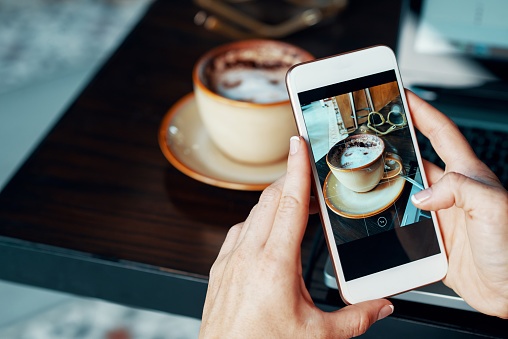
UGC is content (often photos) created by your guest, rather than by you as the brand. It can give your hotel added authenticity and boost your reputation by showing real people promoting your hotel.
Encourage guests to share their experiences at your hotel on social media platforms using a branded hashtag with signs around your hotel. People are more likely to trust recommendations from their peers. Make it easy and rewarding for guests to make those recommendations!
Turn it into a contest with a prize or relevant on-property discount (such as a free drink at your hotel bar) to guests who participate. Putting UGC into your overall marketing plan will help to increase your online visibility while also creating an opportunity to encourage repeat bookings. Guests will use the perks they receive for promoting your brand and effectively marketing on your behalf.
10. Market your expertise with local partnerships
Collaborate with local businesses and attractions to offer unique experiences to your guests. For example, offer packages at time of booking with nearby restaurants, spas, or tour operators. Promote these packages on your website and booking engine booking process.
Offer guests a broader range of local experiences in addition to their stay and establish your hotel as an area expert. Even if you aren’t receiving a considerable amount of revenue from the agreement, including packages in your booking engine is another way to entice travelers to book directly through your website to take advantage of these exclusive offerings.
Fuel Travel offers software solutions to power your hotel’s direct booking strategies and improve your guest experience. With the right tactics, plus our industry-leading technology and meaningful analytics, we can help you convert first-timers to frequent guests—and get them to book directly. Schedule a demo of any of our products to see the potential they hold for your business and get started today!



